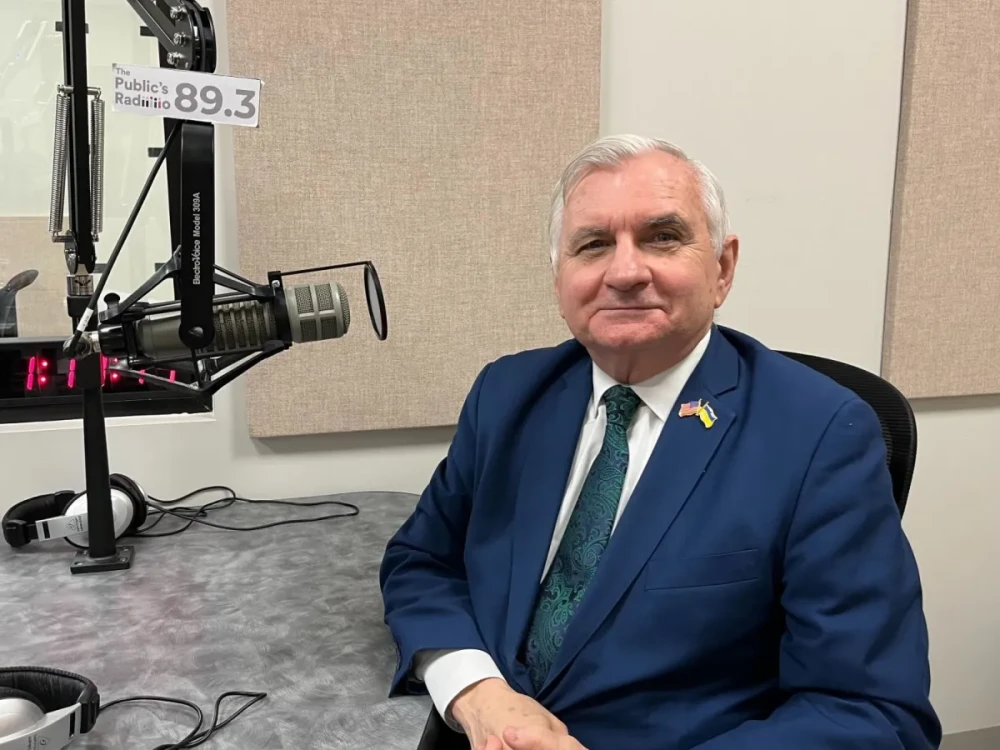U.S. Sen. Jack Reed of Rhode Island agrees with President Trump that Iran should not be allowed to develop a nuclear weapon, but he said Trump’s use of a military airstrike over the weekend is too much, too soon.
“The best path would be for negotiations,” Reed said in an interview Monday. “We had an arrangement in place under the Obama administration that we had detailed inspections on the ground. They were staying within the limits — they were trying to push the limits, but staying within the limits.”
Reed said it’s unclear for now if the U.S. airstrike achieved its goal.
“We have not received yet a damage assessment,” he said. “Obviously, given the tonnage we dropped, there was destruction there. The question is, how much of their enriched uranium survived? Did they move it out prior to the attack? And it’s going to take some kind of detailed analysis, which they’re conducting now.”
Speaking after a Greater Providence Chamber of Commerce event in Warwick, Reed said he would support military action against Iran if it was about to finalize a nuclear weapon.
Short of that, he said, President Trump’s decision to order an intense airstrike in Iran amounts to a big gamble, due to the uncertainty of possible consequences. He said one possibility is enhanced assistance for Iran’s nuclear program from one of its allies.







